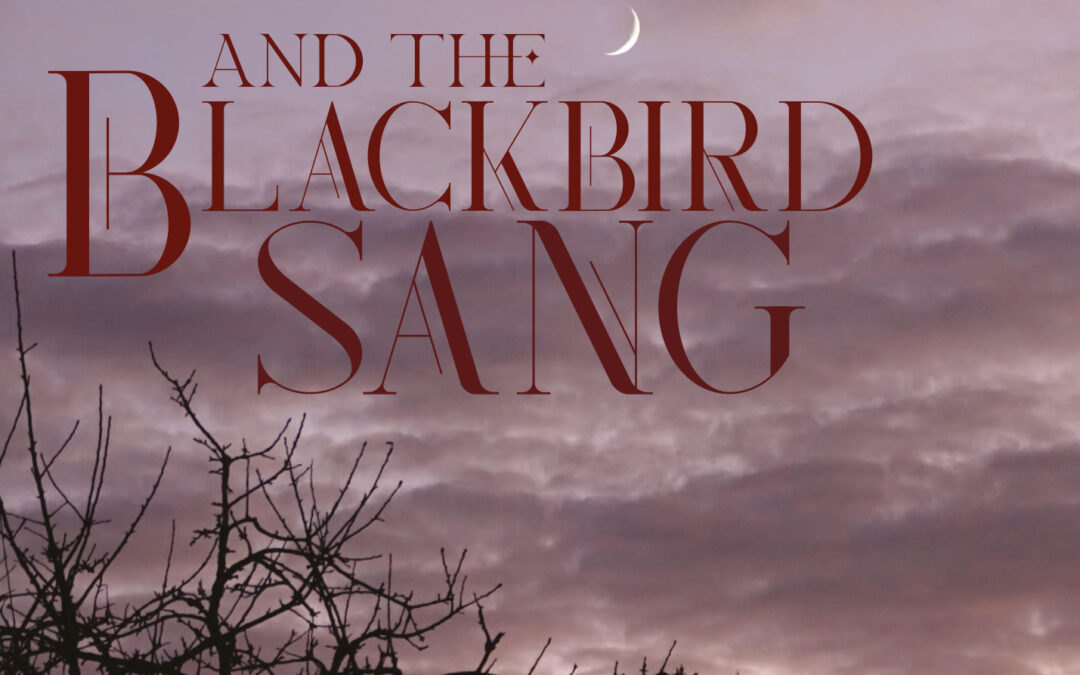Excalibur Voices
Anna Markland piano
Duncan Aspden director
EMR CD094
An invigorating issue of fascinating material, Excalibur Voices are a well-balanced ensemble whose phrasing, if not always the tidiest, is natural and musical. They are blessed with good low basses, the occasional step-out solos are acceptably done, and all tempi are well-chosen and convincing.
The 10 first recordings comprise Creep afore ye gang (Howells), Abou Ben Adhem and In youth is pleasure (Bainton), May Flowers, and Evening Song (Ireland), plus all five of Milford’s Songs of Escape from 1935. This final set is a real discovery. The deeply-felt emotions of its two anguished settings from the Psalms are most movingly expressed, and support the ongoing reassessment of the composer. Lord, let me know mine end opens arrestingly with a flexible entreaty, crying to heaven in unison; while Hear my prayer, O God includes the familiar line ‘O that I had wings like a dove’ but for bass voice. The fifth is a thankful chorale to a poem by Spenser, Port after stormy seas, charmingly done.
These would be most suitable additions for cathedral choirs, as would Bainton’s Lenten motet Christ in the Wilderness, a setting of a poem by Robert Graves that has been undeservedly eclipsed by his much better-known anthem And I saw a new heaven.
Bainton’s visionary tale of Abou Ben Adhem, to words by Leigh Hunt, not only falls between the sacred and secular but is perhaps problematic to programme in this sensitive age and is therefore doubly welcome here. Surely few aficionados of this repertoire would identify Walford Davies as the composer of the remarkable Magdalen at Michael’s Gate for SATB and piano, depicting the penitent at the gate of Paradise, supported by the pleading blackbird.
The disc opens with Samuel Coleridge-Taylor’s limpidly Elgarian Song of Proserpine, a pastoral theme continued in Bainton’s In youth is pleasure, and four slight but attractive songs for upper voices and piano by Ireland. In addition to those already mentioned, There is a garden in her face and In summer woods display Ireland’s familiar and lightly-worn craftsmanship.
In more serious vein, it is good to have Rawsthorne’s powerful A Rose for Lidice, a setting of Swingler’s elegy for the Czech town razed by the Nazis. Leavening is provided by Holst’s more familiar three settings, This have I done for my true love, Matthew Mark, Luke and John and I love my love, turned with style and commendable assurance.
The recording benefits from the acoustic of St John the Evangelist, Oxford, and the booklet is well up to EMR’s excellent standards, with copious notes, composer biographies, and all texts included.
Review by Andrew Plant

